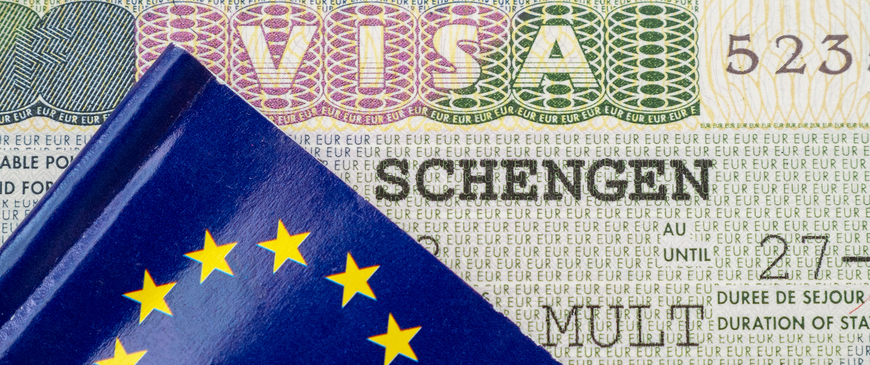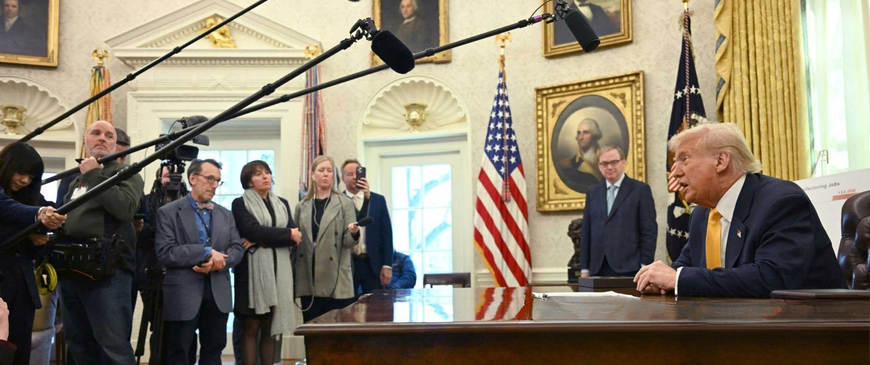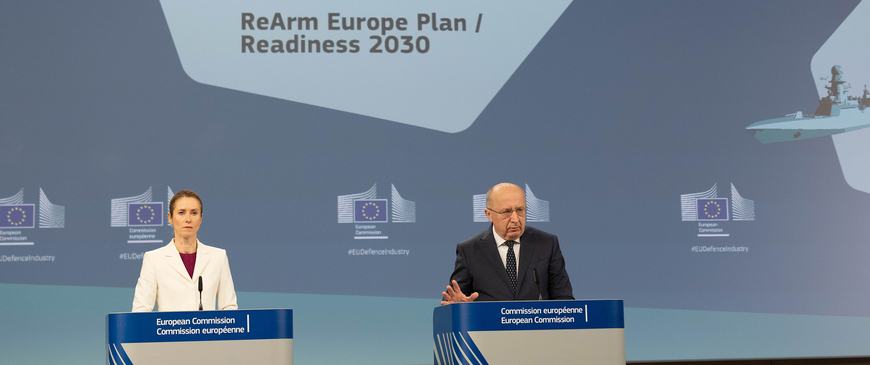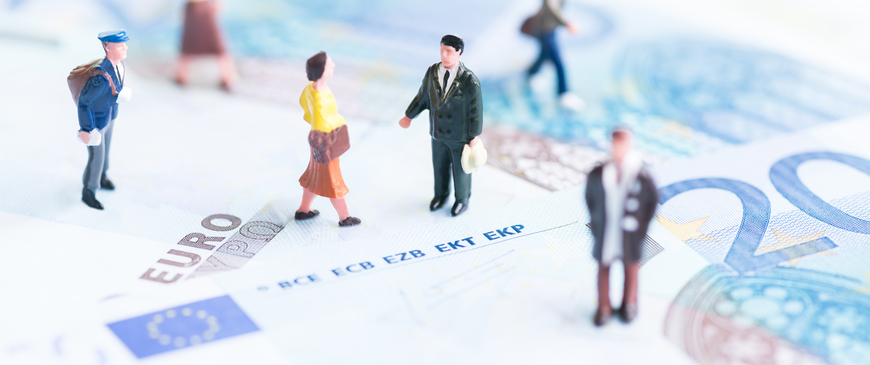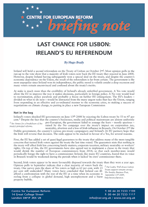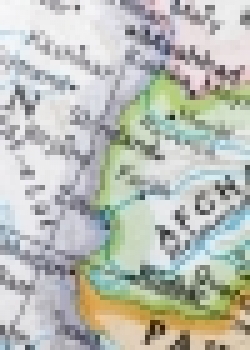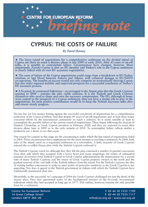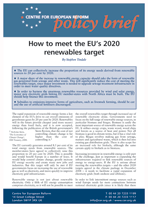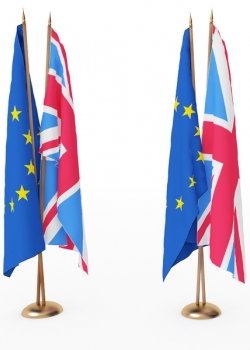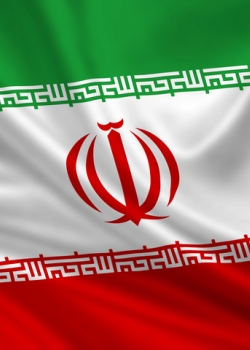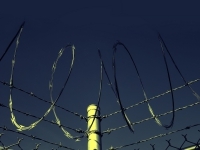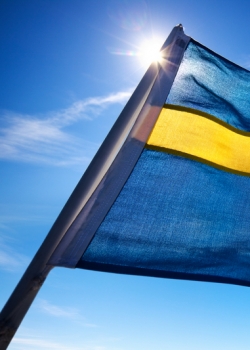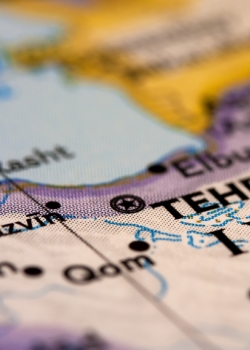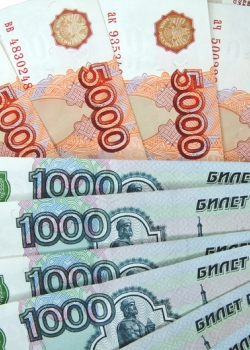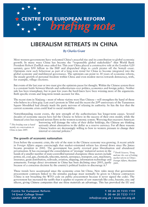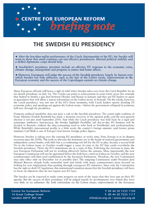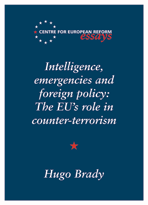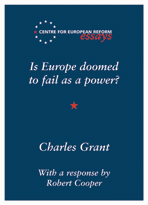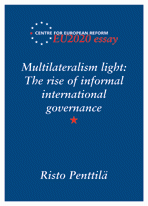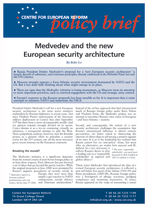Research
Talk of 'exit' is premature
22 September 2009
The governor of the Bank of England (BoE), Mervyn King, has had a mixed financial crisis. He assumed that financial stability flowed from monetary stability – which we now know is not the case – and was very slow to recognise the extent of the crisis.
Last chance for Lisbon: Ireland's EU referendum
22 September 2009
Ireland will hold a second referendum on the Treaty of Lisbon on October 2nd 2009. Most opinion polls in the run-up to the vote show that a majority of Irish voters now back the EU treaty they rejected in June 2008.
The dangers of Karzai’s re-election
10 September 2009
The final result of the Afghan election may not be known until the end of September, but it looks as if President Hamid Karzai will have done well enough to avoid a second round of voting.
Cyprus: The costs of failure
01 September 2009
The latest round of settlement talks on the divided island of Cyprus will reach their decisive phase later this year or in early 2010.
How to meet the EU's 2020 renewables target
01 September 2009
The EU countries have promised to get 20 per cent of their energy from renewables by 2020. The EU can meet this target but only if governments take action now to boost investment in the full range of renewable energies.
Anglo-Saxons and hedge funds: Culprits or scapegoats?
07 August 2009
Disasters often provoke unseemly bouts of finger-pointing. This has certainly been true of the global financial crisis. In the Anglo-Saxon world, libertarians have blamed it on governments, and governments on ‘bankers’.
Iran's nuclear problem: Ever harder to fix
03 August 2009
Iran’s theocratic regime remains in power, despite persistent divisions within the ruling elite. Whatever the long-term fate of Supreme Leader Ali Khamenei and President Mahmoud Ahmadinejad, the unrest that followed June’s presidential election probably makes it harder for the West to persuade Iran to set aside its nuclear ambitions.
Barack Obama...
Barack Obama...
Britain and the EU: The cost of leaving
03 August 2009
Britain’s media and political class have a right to be sceptical about the EU, even hostile to it. But they also have an obligation to be honest about the economic implications of a retreat from full membership of the Union.
Scotland's bid to join the EU
03 August 2009
EDINBURGH, SEPTEMBER 15th 2012 (AFP).
Scotland’s leader, Alex Salmond, insisted today that his country will join the EU shortly after its formal separation from the United Kingdom, perhaps as early as January 2013. Salmond was responding to accusations that in a bid to ensure victory in last Friday’s knife-edge...
Scotland’s leader, Alex Salmond, insisted today that his country will join the EU shortly after its formal separation from the United Kingdom, perhaps as early as January 2013. Salmond was responding to accusations that in a bid to ensure victory in last Friday’s knife-edge...
Issue 67 - 2009
31 July 2009
- Iran's nuclear problem: Ever harder to fix, Tomas Valasek
- Britain and the EU: The cost of leaving, Simon Tilford
- Scotland's bid to join the EU, Hugo Brady
Can Europeans share a common security culture?
27 July 2009
European countries have long declared their ambition to turn the EU into a global player in security – in order to tackle common threats and strengthen their voice on the global stage.
Carl Bildt and the cost of speaking plainly
21 July 2009
Carl Bildt is better known throughout the world than most of his fellow EU foreign ministers – and many of the prime ministers, too.
Iran, elections, and nuclear weapons
10 July 2009
What the future holds for Iran's theocratic regime is hard to read. True, the government has ensured its own survival by suppressing last month's protests there with brutal force.
Russia: A tale of two crises
03 July 2009
Russia’s economy has been hit hard by a triple whammy of capital outflows, collapsing oil prices and falling global demand. In the first three months of the year, output was down by 10 per cent compared with a year earlier. The retail boom that had fuelled growth in recent years has turned into a slump.
Liberalism retreats in China
01 July 2009
The Communist Party is increasing its sway over the political system. Economic nationalism is on the rise, with foreign investors facing new obstacles. And Chinese foreign policy has become more assertive.
The Swedish EU presidency
01 July 2009
A painful recession in Europe, uncertain prospects for the Lisbon treaty, a looming gas crisis in Ukraine and a lame-duck Commission are some of the challenges that the Swedish EU presidency will have to deal with in the second half of 2009.
Intelligence, emergencies and foreign policy: The EU's role in counter-terrorism
01 July 2009
Many European countries feel threatened by terrorist plots against civilians and infrastructure. European governments have strengthened their efforts to co-operate on counter-terrorism over the past decade.
Is Europe doomed to fail as a power?
01 July 2009
How relevant is Europe in the emerging multipolar world? On current trends, the EU seems unlikely to be one of the powers that shapes the new order. Divisions among the member-states and a lack of military muscle have weakened the EU's foreign and defence policy.
Multilateralism light: The rise of informal international governance
01 July 2009
The economic crisis is accentuating the rise of informal global governance. These days, bodies such as the G8 and the G20 arguably matter as much as more formal, treaty-based organisations.
Medvedev and the new European security architecture
01 July 2009
President Medvedev's call for a new European security architecture is Russia's most active diplomatic initiative in recent times. Yet it lacks substance.


